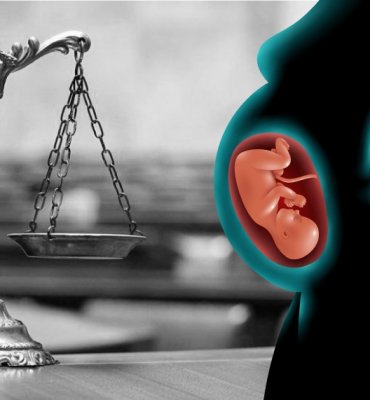
Anti-Microbial Resistance (AMR) led to the death of close to 5 million people globally in 2019; and if no action is taken, AMR could cost the world’s economy US $100 trillion by 2050.
In a bid to combat the rising threat of antimicrobial resistance (AMR), the Union health ministry of India is set to extend its surveillance efforts beyond large hospitals in cities. Currently, random testing for AMR is primarily conducted in big hospitals or tertiary care facilities, leaving a significant gap in understanding the comprehensive picture of AMR, especially in community healthcare settings.
The Indian Council of Medical Research (ICMR) is taking the lead in expanding AMR surveillance to smaller hospitals, including those at grassroots levels. The move aims to address the increasing difficulty in treating diseases due to drug-resistant pathogens.
AMR occurs when bacteria, viruses, fungi, and parasites evolve over time, rendering medicines ineffective. This phenomenon poses a serious public health crisis in India and globally. The World Health Organization (WHO) reported that AMR led to nearly 5 million deaths worldwide in 2019, emphasizing the urgency of taking action. If no measures are implemented, it is projected that AMR could cost the world's economy a staggering US $100 trillion by 2050.
ICMR's new initiative involves establishing the Antimicrobial Resistance Surveillance and Research Network (AMRSN) and implementing antimicrobial stewardship (AMS) programs not only in tertiary care hospitals but also in secondary care hospitals across the country. The aim is to collect comprehensive data on AMR, particularly from community healthcare settings.
The Delhi Pharmaceutical Trust, dedicated to raising awareness about AMR and promoting consumer education in the country, highlighted the pressing issue. In a statement, they warned that if antibiotics become ineffective, bacterial infections could easily spread, putting a massive burden on public health.
The project includes collaboration between tertiary care hospitals and secondary level public and private sector hospitals. Tertiary care hospitals will mentor and support smaller hospitals in building capacity for AMR surveillance, infection prevention and control (IPC), and AMS. Training will also be provided for monitoring protocol implementation and establishing data quality mechanisms.
One of the current challenges is the lack of resources and expertise in secondary care hospitals, hindering the documentation of local antibiograms and monitoring antibiotic usage. ICMR aims to address this challenge by providing a centralized platform for real-time data collection, monitoring progress, and selecting researchers to develop comprehensive research proposals.
The overarching goal is to extend surveillance efforts, implement IPC and AMS interventions in secondary-care settings, and understand the care-seeking pathways for patients between secondary and tertiary level hospitals. ICMR's approach seeks to bridge the gap in knowledge and resources, ultimately contributing to the global fight against the growing threat of antimicrobial resistance.










